Social ills: how coronavirus is feeding an organised crime pandemic
Lockdown panic buying has seen drugs become the ‘toilet rolls of Britain’s criminal world’
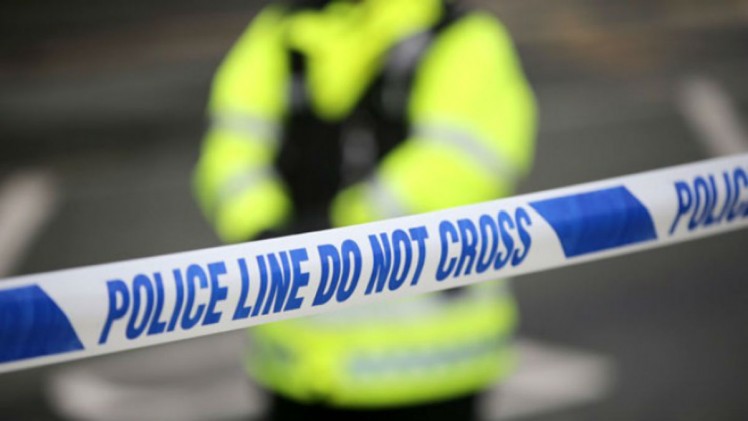
A free daily email with the biggest news stories of the day – and the best features from TheWeek.com
You are now subscribed
Your newsletter sign-up was successful
Coronavirus lockdowns have forced businesses to hunker down and get creative to stay afloat - and the world of organised crime is no different.
The UK’s criminal gangs have reacted quickly to the changes triggered the pandemic, with bosses at the National Crime Agency (NCA) warning that crooks are exploiting the lockdown to gain more profits and power.
What has happened so far?
The Week
Escape your echo chamber. Get the facts behind the news, plus analysis from multiple perspectives.

Sign up for The Week's Free Newsletters
From our morning news briefing to a weekly Good News Newsletter, get the best of The Week delivered directly to your inbox.
From our morning news briefing to a weekly Good News Newsletter, get the best of The Week delivered directly to your inbox.
The criminal drug market is one of the areas of organised crime most affected by the Covid-19 outbreak.
As the UK entered lockdown, drug dealers benefited from a massive surge in panic buying of cocaine, heroin and marijuana, amid fears that supply chains from overseas would be disrupted. “Drugs were the toilet rolls of Britain’s criminal world,” says Misha Glenny, author of McMafia: Seriously Organised Crime, in an article for The Guardian.
“The prices for heroin and coke have definitely gone up in my city,” a dark-web dealer who uses the name CocaineBrain told Glenny. “Everyone I know has had a harder time getting the supply they need but they are paying more.”
Online vendors of synthetic drugs such MDMA and ecstasy, which can be made in labs, have also seen a significant increase in sales.
A free daily email with the biggest news stories of the day – and the best features from TheWeek.com
But not everyone in the criminal world looked set to gain when the severity of the coronavirus pandemic first became apparent. Glenny says that in the initial days of the crisis, levels of organised crime dropped by around 20% in the UK, France and Germany.
“Criminals are humans too, and they are abiding by the rules,” said NCA economic crimes expert Graeme Biggar.
However, organised crime gangs soon spied new opportunities to make money. Two weeks into lockdown, the NCA reported that more than 70,000 “malicious” websites had sprung up and millions of pounds had been lost to coronavirus-related fraud.
Indeed, guidance issued by the National Cyber Security Centre (NCSC) said its investigators had detected “more UK-government branded scams relating to Covid-19 than any other subject” since the start of March.
Some of the dodgy websites claimed to have goods such as personal protective equipment (PPE) and hand gel for sale, in both small and large quantities.
An investigation by European policing agency Europol uncovered one crime in which a transfer of €6.6m (£5.8m) was made by a European business to a company in Singapore for the purchase of alcohol gels and FFP3/2 masks. The goods were never received.
Fraud experts told the BBC that criminals were also posing as officials to obtain information about people seeking advice or compensation related to the pandemic.
And with IT and security systems under greater strain, and people working from home sharing internet connections with other members of their households, malicious software represents an increased threat too.
The pandemic has also had less obvious impacts on global organised crime. Intelligence analysis by the Hague-based Wildlife Justice Commission found that lockdown is allowing poachers a free rein, and that illegal wildlife trafficking networks are adapting to restrictions “to resume operations to previous levels”.
–––––––––––––––––––––––––––––––For a round-up of the most important stories from around the world - and a concise, refreshing and balanced take on the week’s news agenda - try The Week magazine. Start your trial subscription today –––––––––––––––––––––––––––––––
What will happen next?
Research published by the United Nations Office on Drugs and Crime (UNODC) in May suggests that measures designed to curb the spread of the coronavirus will continue to have a “mixed impact” on the international supply of drugs.
A similar Europol report predicts that the drug trade will gradually stabilise as restrictions are eased, and that post-coronavirus challenges will bring new opportunities for economic crime, cybercrime and human smuggling.
Adam Winstock, a consultant psychiatrist at University College London’s Institute of Epidemiology and the founder of the Global Drug Survey, has warned that criminal gangs won’t delay in recouping any Covid-related losses.
“While there will be less going on this year, those groups will be sitting on stockpiles of good quality, high dose drugs, potentially flooding the market with cheap MDMA just as soon as things start opening up again,” Winstock told the the Organised Crime and Corruption Reporting Project platform.
As lockdown is gradually lifted in the UK, drug users will be able to generate funds through shoplifting or begging, boosting drug use, he says.
“The risk here will be when the lockdown begins to lift - as people return to the streets, drug users will be able to generate funds again, which might see an increase in overdose and/or a decline in purity as dealers wait for dwindling supplies to pick up again,” Winstock concluded.
-
 The Week Unwrapped: Have televised confessions quelled protests in Iran?
The Week Unwrapped: Have televised confessions quelled protests in Iran?Podcast Plus, why has Elon Musk turned from Mars to the Moon? And will the BBC prove to be a puzzles champ?
-
 The week’s best photos
The week’s best photosIn Pictures An Andean god, a rogue squirrel, and more
-
 ‘Zero trimester’ influencers believe a healthy pregnancy is a choice
‘Zero trimester’ influencers believe a healthy pregnancy is a choiceThe Explainer Is prepping during the preconception period the answer for hopeful couples?
-
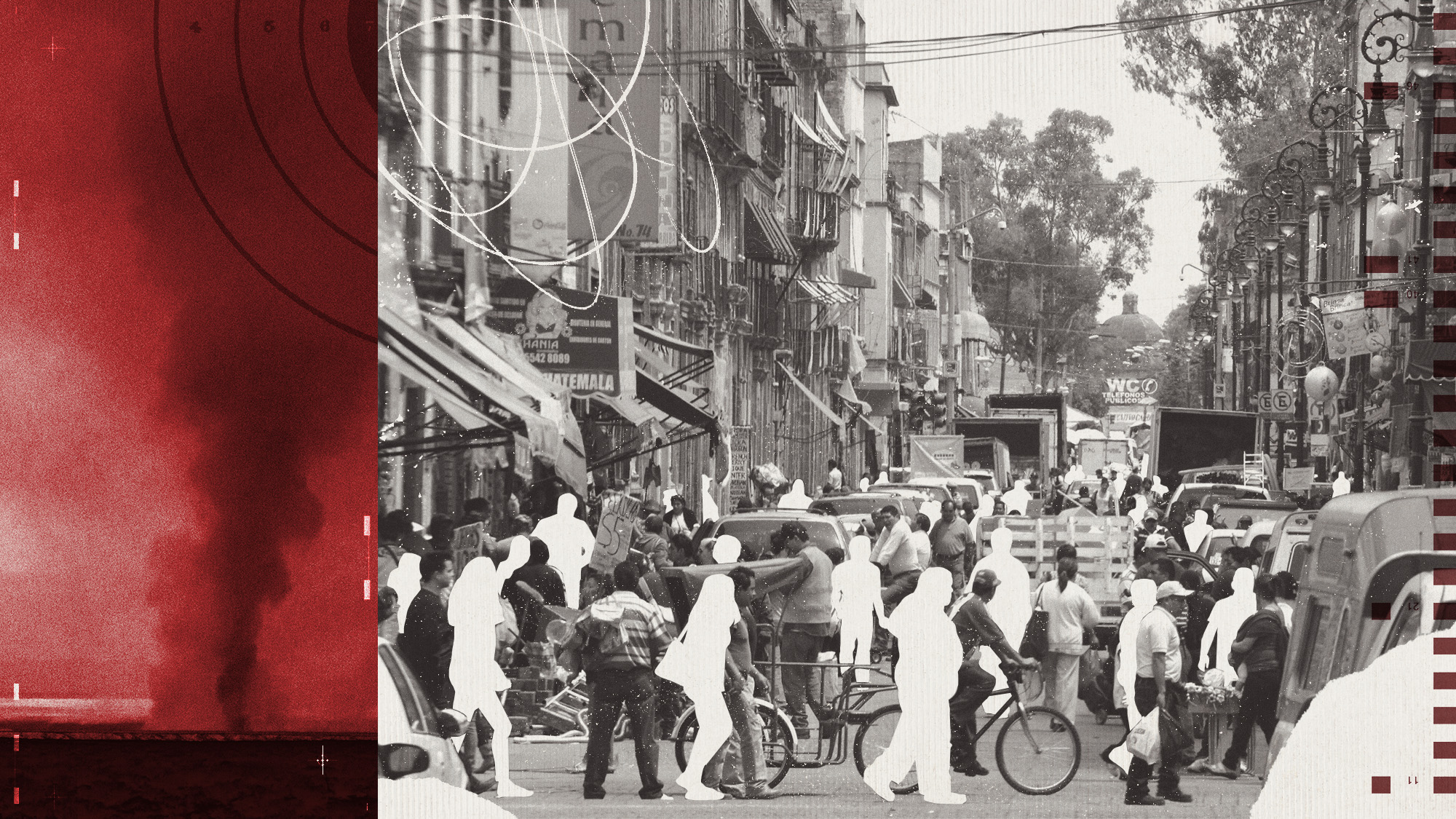 Mexico’s forced disappearances
Mexico’s forced disappearancesUnder the Radar 130,000 people missing as 20-year war on drugs leaves ‘the country’s landscape ever more blood-soaked’
-
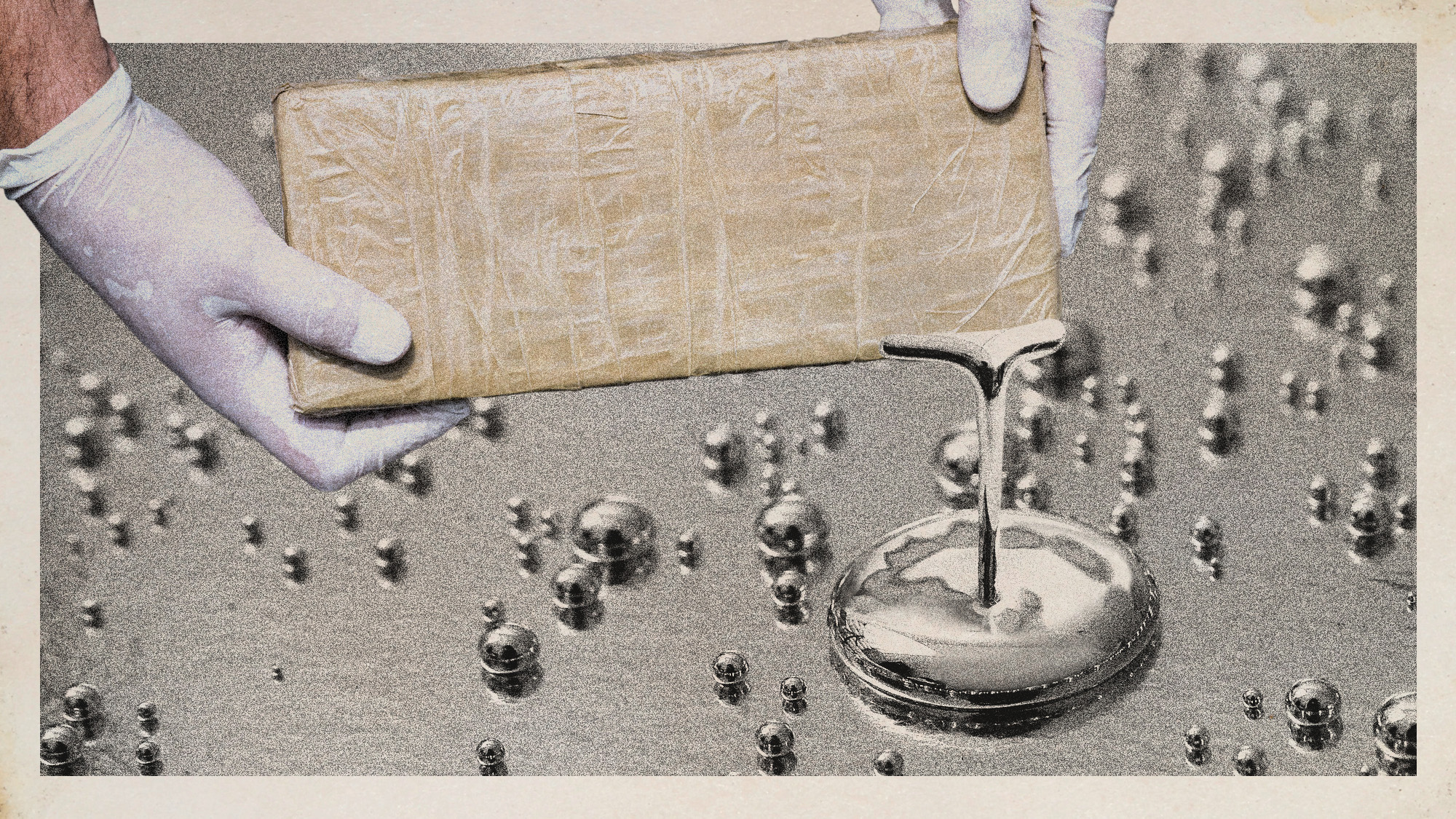 Illicit mercury is poisoning the Amazon
Illicit mercury is poisoning the AmazonUnder the Radar 'Essential' to illegal gold mining, toxic mercury is being trafficked across Latin America, 'fuelling violence' and 'environmental devastation'
-
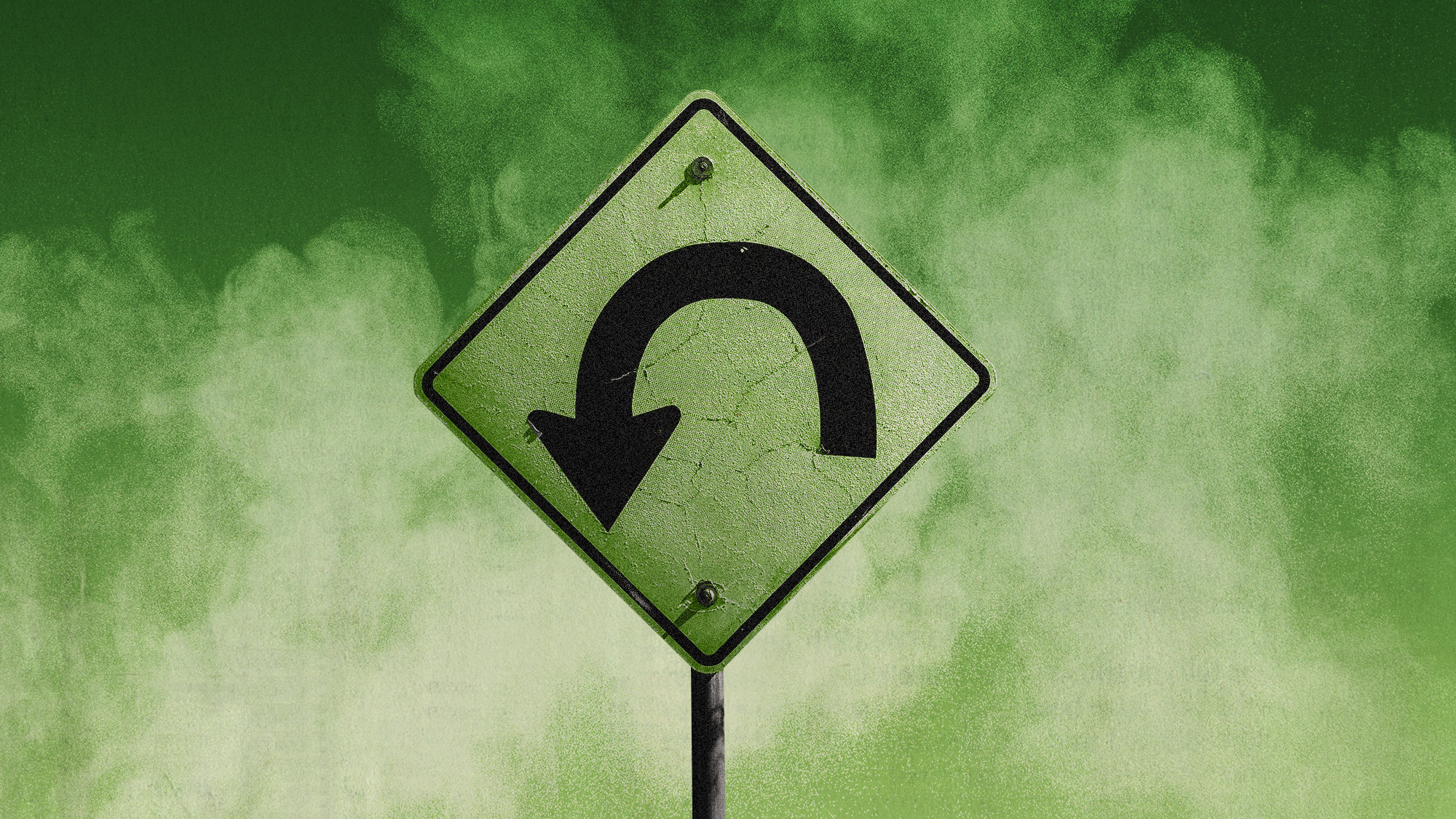 Thailand is rolling back on its legal cannabis empire
Thailand is rolling back on its legal cannabis empireUnder the Radar Government restricts cannabis use to medical purposes only and threatens to re-criminalise altogether, sparking fears for the $1 billion industry
-
 Crime: Why murder rates are plummeting
Crime: Why murder rates are plummetingFeature Despite public fears, murder rates have dropped nationwide for the third year in a row
-
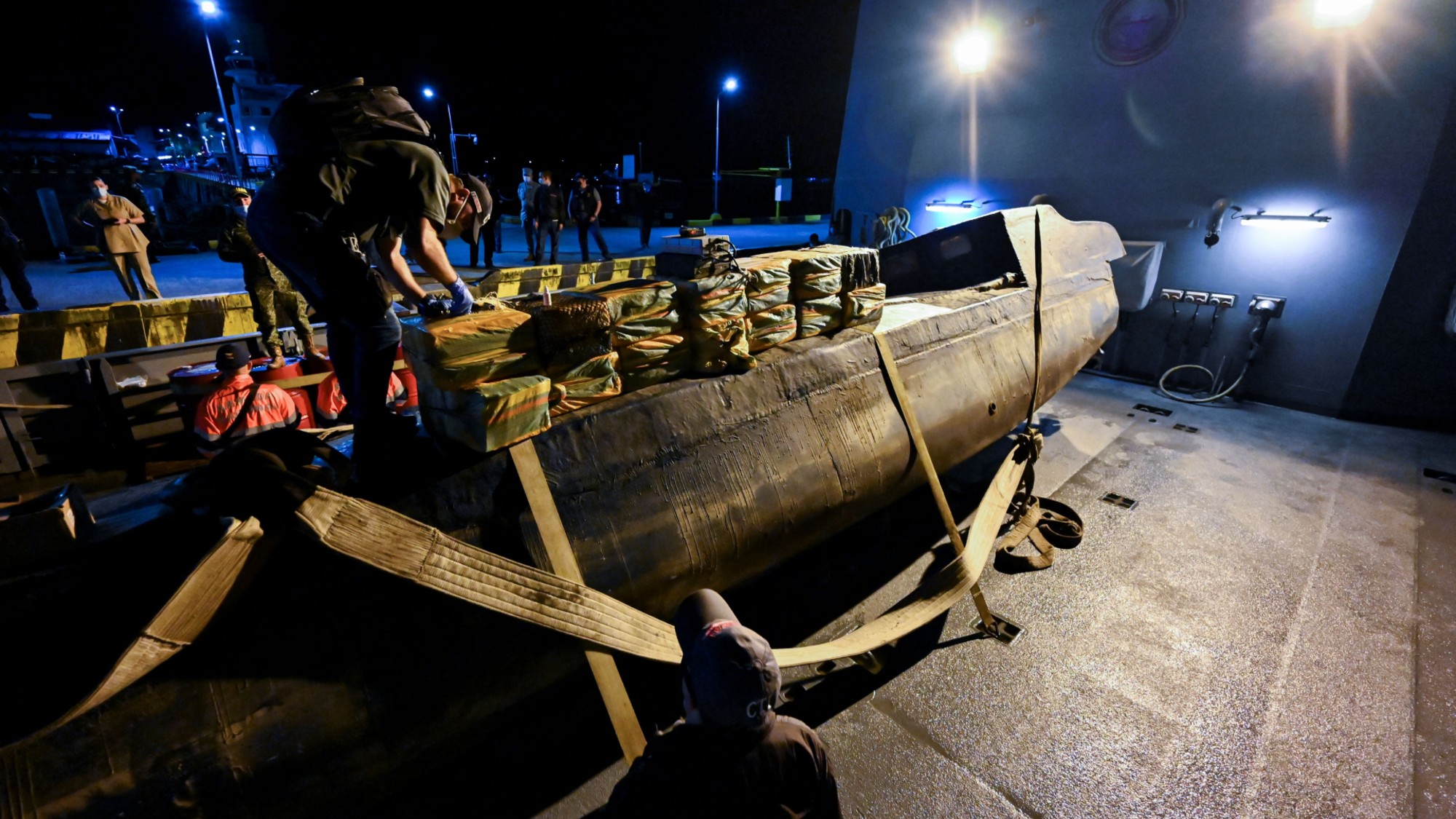 Narco subs are helping to fuel a global cocaine surge
Narco subs are helping to fuel a global cocaine surgeThe Explainer Drug smugglers are increasingly relying on underwater travel to hide from law enforcement
-
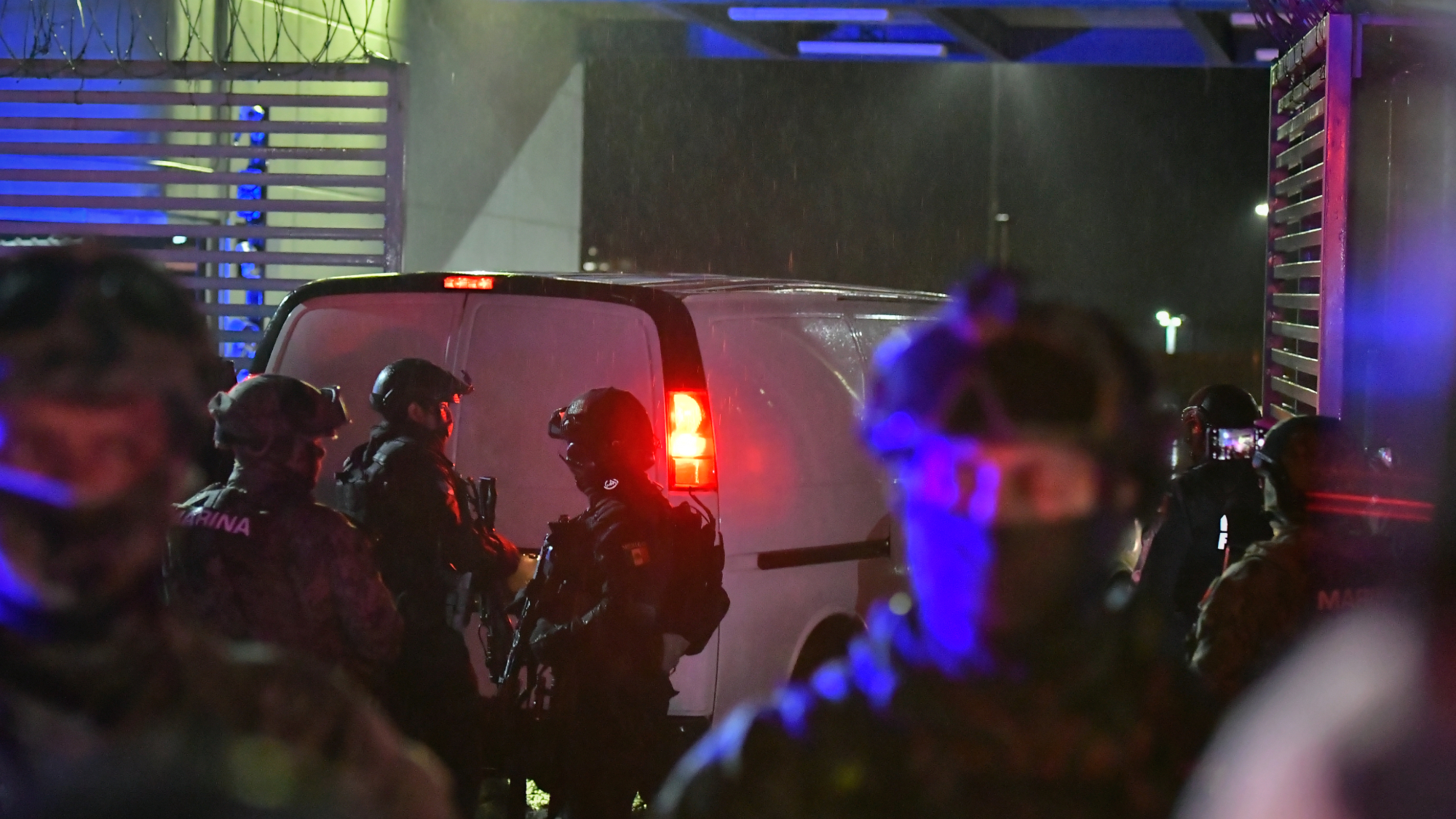 Mexico extradites 29 cartel figures amid US tariff threat
Mexico extradites 29 cartel figures amid US tariff threatSpeed Read The extradited suspects include Rafael Caro Quintero, long sought after killing a US narcotics agent
-
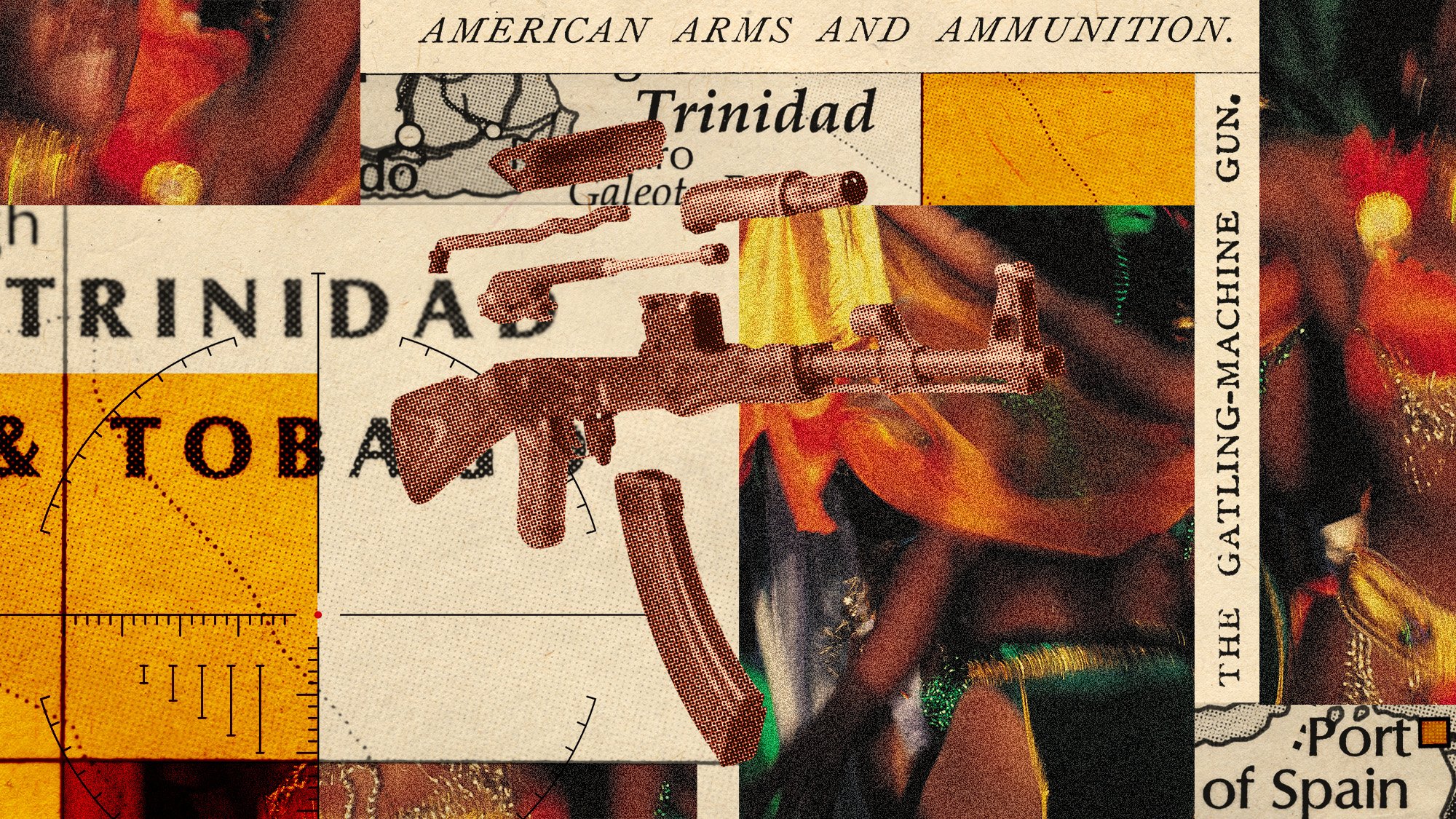 Trinidad and Tobago's murder emergency
Trinidad and Tobago's murder emergencyUnder the Radar Gang violence in the Caribbean island nation has seen murder rates soar to unprecedented levels
-
 Haitian gangs massacre hundreds accused of 'witchcraft'
Haitian gangs massacre hundreds accused of 'witchcraft'Under the Radar Vodou practices blamed for gang leader's son's illness, as elderly are hacked to death in Port au Prince